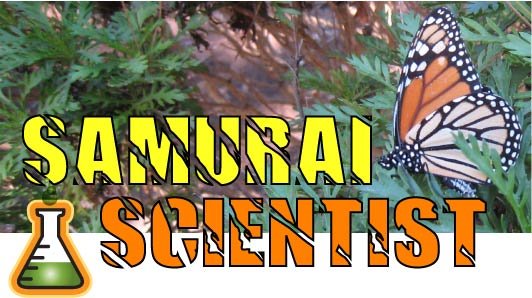 It's easy to get caught up in the political tailwinds, but the truth is that politics rarely makes progress. Science, however, is constantly surprising me with its ability to power science fiction into science fact.
It's easy to get caught up in the political tailwinds, but the truth is that politics rarely makes progress. Science, however, is constantly surprising me with its ability to power science fiction into science fact.The secret? Two words, my friend: Evo and Lution. Gene therapy works because the body selects for successful cells. The healthy cells - the ones with the good copy of the gene - outcompete the shitty ones mother nature dealt you. And your body is so highly optimized, even a small population of good cells is enough to keep the bad apples at bay.
So what's next for gene therapy? Well I'll put it to you this way: of the ~4,000 human diseases, only a few are currently treatable. As genomic data explodes, so will our understanding of the genetic basis of these diseases - and so will the cures. So in our lifetimes we can expect to see cures for Fanconi's anemia, Huntington's disease, polycystic kidney disease, and stubborn old cystic fibrosis, just to name a few. That is what scientists are bringing to society - but what is society bringing back? Only 39% of Americans believe in evolution. I wonder sometimes who we are busy saving.




2 comments:
Long time reader, first time commenter.
It really is amazing what science is already doing to combat tough diseases, and it's exciting to think about what's to come. I sometimes wish that medicine in humans was half as good as it is in mice...I'd love to virally infect cancer cells in my body to shrink tumors.
I don't mean to nitpick, but when we do research, do we really do it on the condition that laypeople accept the precepts on which our science is based or which we know to be correct? We may know evolution is real, but its our jobs to know that. Other people have other knowledge competing for precious brain space and layers of ideology smeared on top. It's a long way to a point where you can even ask these people to devote the attention to hear an argument about something which is not central in their lives.
I'm tempted to believe, now as always, that while evolution has done a phenomenal job on improving our bodies, it still has a long way to go on our brains...mine included.
@Mitch, good to hear from ya. Comments are always welcome and enjoyed.
when we do research, do we really do it on the condition that laypeople accept the precepts on which our science is based...?
Clearly we do not do it on that condition. My point is, maybe we should.
Other people have other knowledge competing for precious brain space and layers of ideology smeared on top. It's a long way to a point where you can even ask these people to devote the attention to hear an argument about something which is not central in their lives.
All true, but I would argue that the main reason we are not in their minds is because we don't try very hard. So far we've given people everything they want but asked for nothing in return. We have thus 'enabled' a population which enjoys all the fruits of scientific labor without accepting any of the inconvenient truths. If we want to see anything change, we will have to recognize our own self-worth and ask for a raise.
Post a Comment